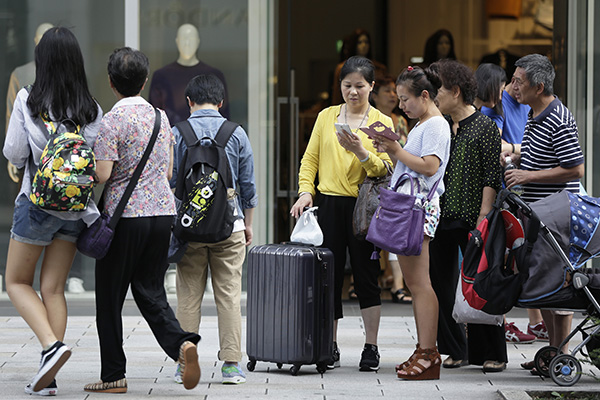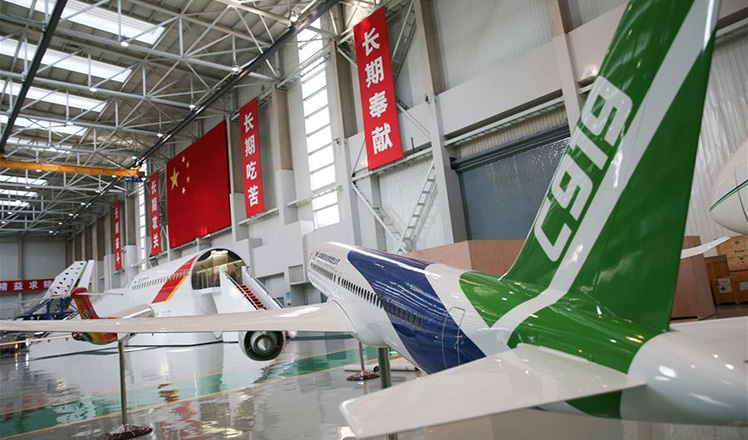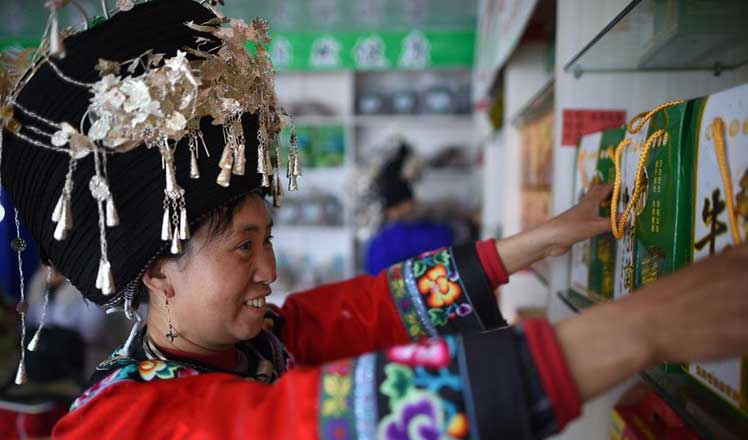Nothing unpatriotic about people who love to spend abroad
Updated: 2016-03-02 08:57
By XIN ZHIMING(China Daily)
|
||||||||
 |
|
Chinese tourists visit Tokyo's Ginza district for shopping in August. Japan is the second-most popular overseas destination. [Photo provided to China Daily] |
Since many outbound Chinese tourists are more interested in shopping than traveling, it is fair to call them shopaholics. They spend money on virtually everything, from high-end electronic appliances and luxury goods to daily necessities, such as skin cream and anti-cold medicine.
The large number of Chinese tourists swarming to Japanese stores during Spring Festival to buy electronic toilet seats, equipped with heating and warm water shower functions, have made the headlines, sparking heated debates in the media and drawing the attention of many Chinese netizens.
Some critics even say such outbound Chinese tourists are blind worshippers of foreign products and, therefore, not patriotic. Such emotional finger-pointing is unnecessary and ignores the real issue. The real question is: If Chinese consumers could get viable alternatives in the domestic market, why would they take pains to travel abroad to shop?
Indeed, most products on the shopping lists of outbound Chinese tourists are available in the country's supermarkets, but they are often not of the same quality as those sold in some advanced countries like Japan, the United States and Germany.
Why is there such a demand-supply mismatch? Is it because Chinese producers are incapable of making high-end goods?
Not really. China may still lag behind, say, Japan, Germany or the US when it comes to making some high-grade, cutting-edge products, but it is catching up fast with these countries. In fact, it is already producing most mid-end high-tech products. And believe it or not, the toilet seats sold in Japanese markets which Chinese tourists are so fascinated with are actually made in China.
The demand-supply mismatch is, in reality, caused by the accelerated pace of consumer behavior transformation as a result of rising incomes and the failure of domestic manufacturers to prepare for and embrace that change.
- Israeli army kills two Palestinian infiltrators
- Space station crew end record US spaceflight
- ROK conducts drill for WMD carried by DPRK ships
- EU to propose emergency humanitarian aid to Greece
- Cuba intensifies fight to fend off Zika virus
- UN chief calls for 'prompt, impartial' probe into airstrike on Yemeni market

 China's first large passenger plane poised for maiden flight
China's first large passenger plane poised for maiden flight
 Clashes break out as France begins clearing Calais migrant camp
Clashes break out as France begins clearing Calais migrant camp
 Top 10 cities with most billionaires in 2016
Top 10 cities with most billionaires in 2016
 Milan Fashion Week: Dolce & Gabbana Autumn/Winter 2016 collection
Milan Fashion Week: Dolce & Gabbana Autumn/Winter 2016 collection
 Top moments from Oscars 2016
Top moments from Oscars 2016
 China Daily weekly photos: Feb 20-26
China Daily weekly photos: Feb 20-26
 People view plum blossoms at scenic area in E China
People view plum blossoms at scenic area in E China
 Rural e-commerce developed to promote local products in SW China
Rural e-commerce developed to promote local products in SW China
Most Viewed
Editor's Picks

|

|

|

|

|

|
Today's Top News
What ends Jeb Bush's White House hopes
Investigation for Nicolas's campaign
Will US-ASEAN meeting be good for region?
Accentuate the positive in Sino-US relations
Dangerous games on peninsula will have no winner
National Art Museum showing 400 puppets in new exhibition
Finest Chinese porcelains expected to fetch over $28 million
Monkey portraits by Chinese ink painting masters
US Weekly

|

|







